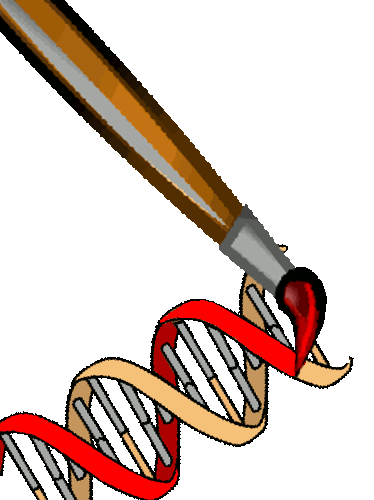What is a population?
This paper discusses what a population is in statistical genetics:
- Lawson (2014), "Populations in statistical genetic modelling and inference", submitted book chapter for the interdisciplinary book "What is a Population", OUP. (preprint) (Note: this is a newer version of a similar manuscript "What is a population? In statistical genetic modelling and inference". The text has changed, the pictures and overall message is the same).
Author Summary
A population is defined in STRUCTURE and FineSTRUCTURE as a group of individuals who cannot be statistically distinguished. We look at what this means
in comparison to generative models of how populations are constructed - effectively, we need to assume that mating is sufficiently random over
an appropriate timescale so that we cannot reconstruct familial relationships. The appropriate timescale is a function of the amount of data that we
have, and with modern linked datasets, we can easily detect such relationships. We can still define a population however, but more thought must be
put into it. We review how a population appears in PC (Principal Component) analysis and model-based approaches in the presence of genetic drift, historical
and contemporary admixture, and familial structure.

